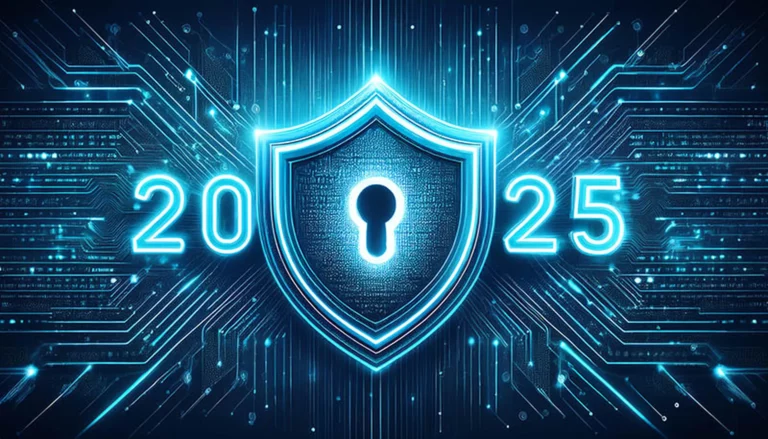As we step into 2025, the cyber world continues to evolve, and unfortunately, so do scammer tactics. To help navigate these dangers, the Federal Trade Commission (FTC) consistently shares valuable insights on current cyber threats and strategies for staying protected. Their recent publication highlights key warnings and advice to stay ahead of scammers in the new year.1 With scammers online increasingly targeting personal savings, digital identities, and more, it is very important to be vigilant. Whether you’re a college student or a working professional, understanding how to identify and avoid scams can make all the difference.
The methods scammers use to trick their victims are becoming increasingly advanced. Their strategies are designed to catch you off guard. But by staying informed, you can protect yourself and outsmart the bad guys.
How to Detect Scams Early
Here are some steps to help you spot scams before they cause harm:
- Understand Scammers’ Tactics: Learn the common tricks scammers use. These can include urgent messages demanding payment, unsolicited requests for personal information, or offers that seem too good to be true.
- Verify Communication Sources: If you receive an email, text, or phone call that seems suspicious, take a moment to verify the source. Contact the organization directly using their official contact information, not the one provided in the message.
- Look for Red Flags: Be wary of requests for payment via wire transfers, gift cards, or cryptocurrency—common methods used by scammers because they’re hard to trace.
- Research Before You Act: Whether it’s a job offer, an online retailer, or a charity asking for donations, do a quick online search, including terms like “scam” or “review,” to see what others are saying.
Tools to Help You Stay Safe
- Learn About Scams: Explore articles, consumer alerts, and advice at consumer.ftc.gov.
- Access Multilingual Resources: Share scam prevention tips with diverse communities using resources at ftc.gov/languages.
- Order Free Materials: The FTC offers free print materials on a variety of scams at ftc.gov/BulkOrder. You can use these to educate your campus or local community.
- Sign Up for Alerts: Stay updated on the latest scams by subscribing to FTC consumer alerts at ftc.gov/ConsumerAlerts.
Be a Fraud Fighter
Fighting scams isn’t just about protecting yourself—it’s about helping your community too. Here’s how you can make a difference:
- Talk About Scams: Share what you know with friends, family, and classmates. A simple conversation could save someone from falling victim.
- Use Public Resources: Distribute free FTC materials in common areas or post scam prevention tips on social media.
- Host a Workshop: If you’re part of a student group or organization, consider hosting a workshop using the FTC’s free Pass It On or Pásalo presentations.
If you encounter a scam, don’t hesitate to report it. Even if you didn’t lose money, your report can help prevent others from becoming victims. Here’s how:
- Report in English at ReportFraud.ftc.gov or in Spanish at ReporteFraude.ftc.gov.
- To report in other languages, call (877) 382-4357 and press 3 to speak with an interpreter.
- De las Heras, Gema. “Stay ahead of scammers in 2025”. Federal Trade Commission, Consumer Advice, Dec 30. 2024, https://consumer.ftc.gov/consumer-alerts/2024/12/stay-ahead-scammers-2025 ↩︎

